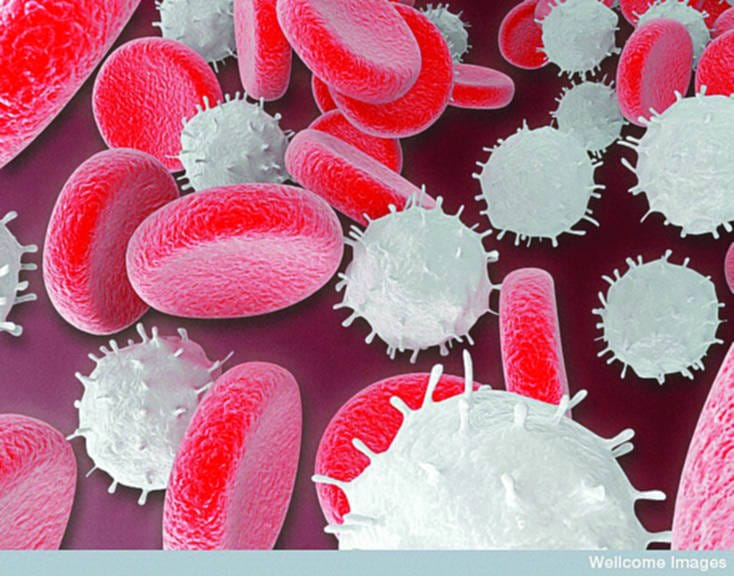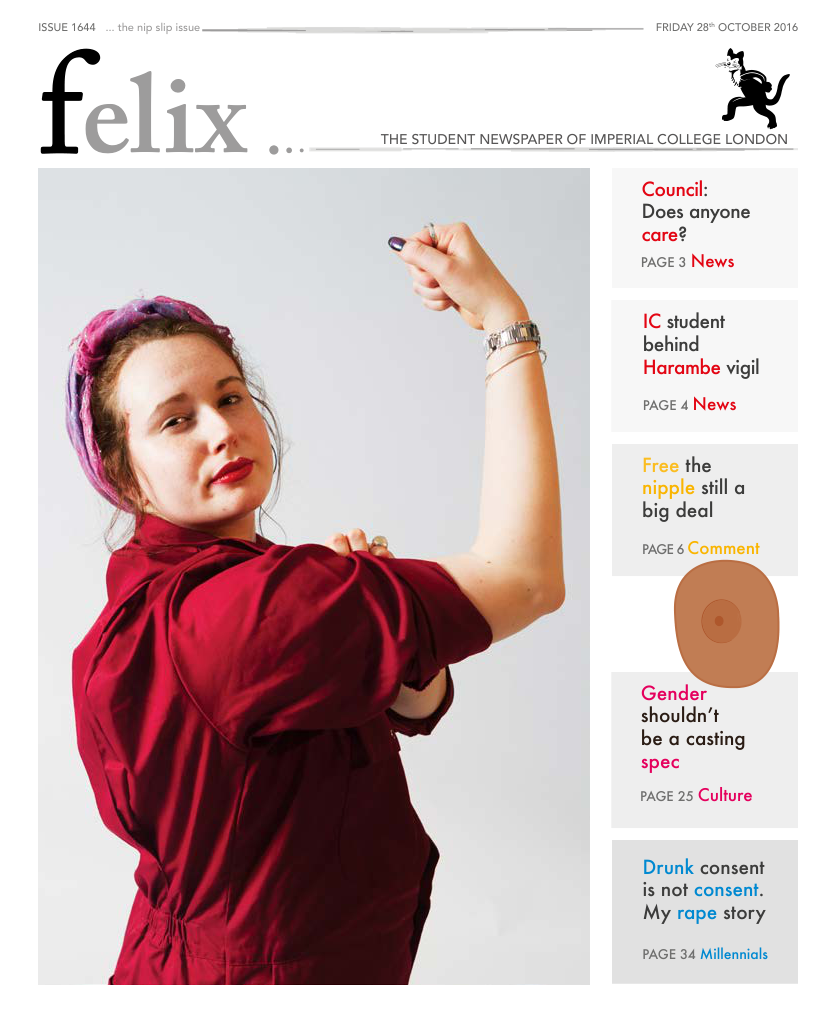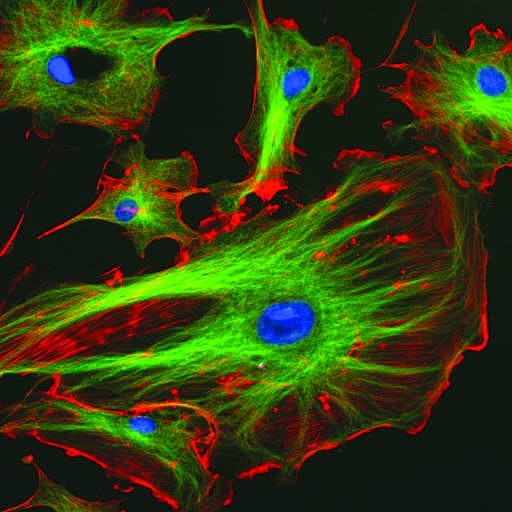The race to understand leukaemia cells
An Imperial-led team found blood cancer cells actively move rather than hide in bone marrow

T-cell acute lymphoblastic leukaemia (T-ALL) is a fast progressive type of blood cancer that affects white blood cells, especially those activating antibody-producing cells. It affects both children and adults and since it is in the blood, cancerous cells can also move to and affect other organs of the body.
Despite chemotherapy being the most common cancer treatment, it is not fully effective, with relapse common in leukemia patients specifically. Dr Christina Lo Celso, a researcher at Imperial College London in the Department of Life Sciences explains: “Relapse is caused by cancer cells that are resistant to chemotherapy and we had thought that there would be a special place in the body where these cells would reside.” Her group is trying to understand the interactions of leukemia cells with their surrounding micro-environment within bone marrow, building on previous studies suggesting they may evade the body’s immune system by ‘hiding’ amongst blood stem cells. New research in mice, validated with human samples, has revealed that certain leukaemia cells are more migratory than previously thought, they don’t hide in one place.
We want to find out whether this movement can be stopped, and whether this could kill resistant cells
The leukemia cells were seen to be actively moving in bone marrow, with movement speeding up post-treatment. This came as a surprise to the scientists and as Dr Lo Celso adds, “Now that we know that the cells don’t hide, we can explore why that is and how their movement helps them to survive. Ultimately we want to find out whether we can stop the movement, and whether this could kill the treatment-resistant cells.”
The study is still at early stages but it may justify why previous attempts to treat leukemia have failed, suggesting a change of approach in the field.
Future research at Imperial will be focused on understanding whether slowing down the chemo-resistant.









